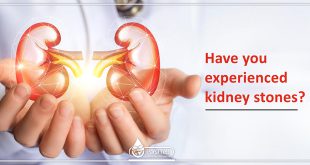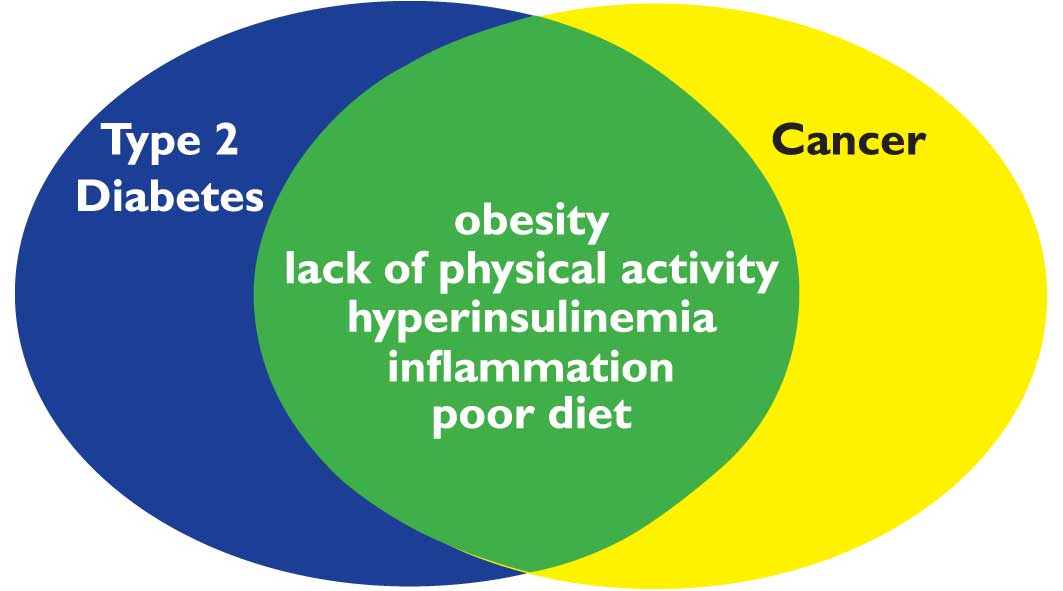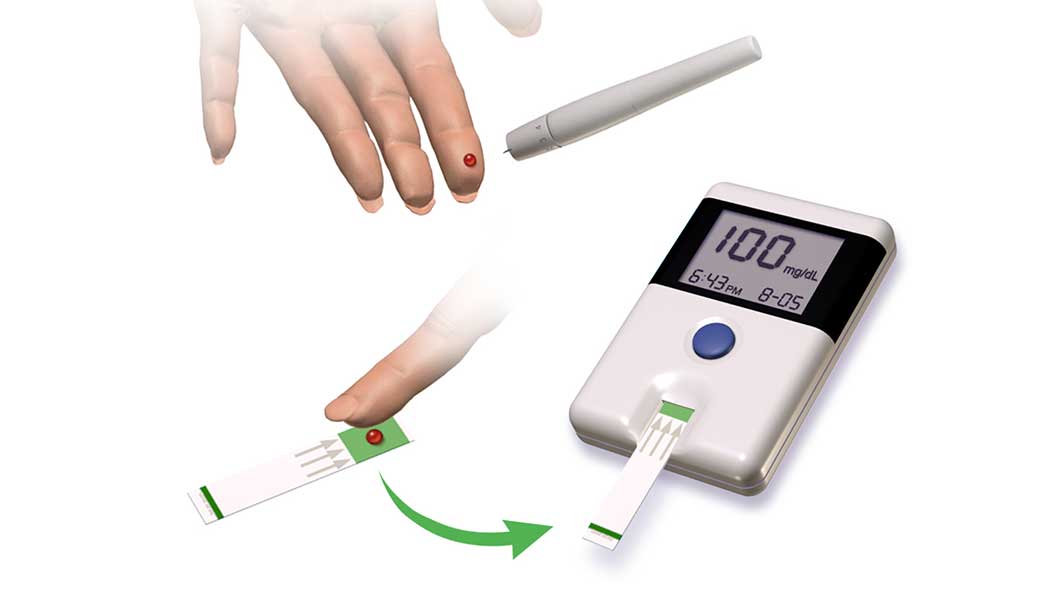Testosterone Basics The hormone testosterone plays an important role in men’s health. For starters, it helps to maintain muscle mass, bone density, and sex drive. Testosterone production is at its highest in a man’s early adulthood and drops a little bit each year thereafter. When the body doesn’t produce the …
Read More »Knowing Your Risk at kidney cancer
Kidney cancer isn’t as common as breast or lung cancer. For most people, the chance of getting kidney cancer in their lifetime is less than two percent, according to the American Cancer Society. Your risk increases if you smoke, are obese, or have been exposed to chemicals such as asbestos …
Read More »Alopecia areata causes hair loss
Alopecia areata is a disease that causes hair to fall out in small patches. Alopecia areata rarely causes total hair loss, however it can prevent hair from growing back. The condition is not life threatening, does not cause pain or illness, and hair loss can stop just as suddenly as …
Read More »Brain Tumor can cause brain damage and even death
What Is a Brain Tumor? A brain tumor is a collection (or mass) of abnormal cells in the brain. The skull is very rigid and the brain is enclosed, so any growth inside such a restricted space can cause problems. Brain tumors can be cancerous (malignant) or non-cancerous (benign). When …
Read More »Signs of dyslexia in adult
Dyslexia adversely affects many children and teenagers during their school years and, if it is not addressed, it will continue to affect them throughout adulthood too. The stress associated with tests and exams may lead dyslexics to avoid further education and also some types of jobs. They are usually very …
Read More »muscular dystrophy and muscle weakness
The muscular dystrophies (MD) are a group of genetic diseases characterized by progressive weakness and degeneration of the skeletal or voluntary muscles which control movement. The muscles of the heart and some other involuntary muscles are also affected in some forms of muscular dystrophy, and a few forms involve other …
Read More »Have you experienced kidney stones?
Kidney stones are among the most common urinary tract disorders. Kidney stones can form in your kidneys when normal substances in your urine become too concentrated. When this happens, solid material can stay in your kidney or may move down your urinary tract, eventually passing out of your body. Read …
Read More »concerning the association between diabetes and cancer
American Cancer Society Experts explore emerging evidence linking diabetes and cancer ATLANTA—June 16, 2010—A new consensus statement of experts assembled by the American Diabetes Association and the American Cancer Society reviews emerging evidence that suggests cancer incidence is associated with diabetes as well as certain diabetes risk factors and treatments. …
Read More »Male fertility problems
Male fertility problems What are fertility problems? Infertility can be defined as the failure to achieve pregnancy after regular unprotected sex (without the use of any contraception) for at least a year. ‘Primary’ infertility means failure to achieve a first pregnancy, ‘secondary’ infertility means failure to achieve a subsequent pregnancy. …
Read More »ms the disease
What is multiple sclerosis? Multiple sclerosis is an unpredictable, often disabling disease of the central nervous system. Symptoms range from numbness and tingling to blindness and paralysis. The progress, severity, and specific symptoms of MS in any one person cannot yet be predicted, but advances in research and treatment are …
Read More »Tight Glucose Control
Tight Glucose Control The most important goal of diabetes treatment is tight glucose control. The American Diabetes Association recommends that most adults with diabetes keep their blood glucose levels between 90 and 130 mg/dL before meals (preprandial) and less than 180 mg/dL after meals (postprandial). Your doctor may recommend a …
Read More » Parsi Teb Physical and Mental Health Journal
Parsi Teb Physical and Mental Health Journal 









